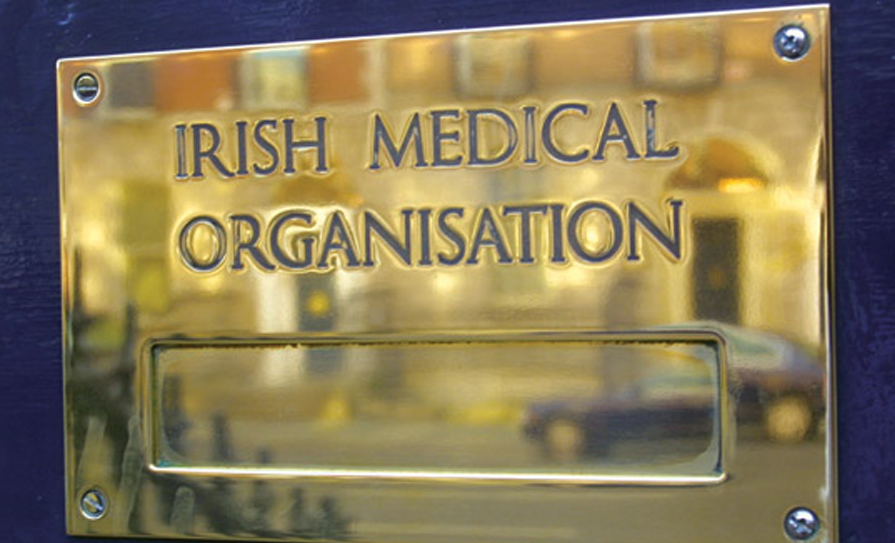The Medical Council has conducted new research to gain an insight from patients on the value they place on being a partner in their healthcare. The research has been undertaken ahead of World Patient Safety Day, which takes place this Sunday 17 September.
The online public opinion survey was conducted by B&A in August 2023, with responses from over 1,000 adults.
Key highlights from the research include:
- 80 per cent of respondents feel it is important that they be treated as a partner in their healthcare by medical professionals, with those aged over 50 most likely to strongly agree with this statement.
- When asked what being treated as a partner in healthcare in a medical setting would look like, communication-related themes emerged prominently, with 15 per cent stating communication and clear explanations, while 11 per cent referenced being listened to and taken seriously.
- A strong majority (89 per cent) of people surveyed believe that one or more minority groups is at risk of receiving sub-standard healthcare.
- Of this, over half (57 per cent) feel that older people are most at risk, with key reasons being unable to advocate or speak up for themselves (20 per cent) and that they can’t afford healthcare (19 per cent).
- Of the 11 per cent of adults who answered ‘being listened to/taken seriously’ as an important aspect of partnership in a healthcare setting, there was an uneven division by gender: 16 per cent among women and just 7 per cent among men for whom this was a concern.
- When asked what would make visiting the doctor a more positive experience, just under two in five (39 per cent) referenced shorter waiting times for an appointment and/or to be seen on time while in the doctor’s surgery. Other themes included being listened to (10 per cent), approachable and understanding doctors with appointments not being rushed (10 per cent) and a welcoming and caring approach (8 per cent).
- When referring to groups at risk of substandard medical care, key reasons provided by respondents include not being able to afford healthcare (18 per cent), ageism, bias, racism, or LGBTQI+ prejudice (17 per cent), and being unable to advocate or speak up for themselves (13 per cent).
The theme of World Patient Safety Day 2023 is ‘Engaging patients for patient safety’ with an emphasis on elevating the voice of patients.
President of the Medical Council, Dr Suzanne Crowe, echoed the World Health Organisation (WHO) campaign message that patients and families should be involved at every level of healthcare, from fully informed consent and shared decision-making at the point of care, to policy-making and planning.
“Our research further enforces what we already know – unfortunately, many people face challenges when it comes to accessing medical care. Today, we’re encouraging patients to take a proactive role in their healthcare. To enhance safety and the overall experience, in their discussions with doctors, patients should ask their doctor questions such as, ‘What do I need to know?’ ‘What do I need to do next?’ ‘What can I expect?’ ‘How will this help me?’
“Minority groups such as the elderly, migrants and refugees, and members of the Traveller community, can be vulnerable and may face unique healthcare needs. There are many national health action plans in operation to support these communities. Doctors should not only acknowledge that these communities may have unique needs, but also develop empathy and an understanding of the challenges faced and help these patients to feel safe and heard in the healthcare environment.
“Being an active partner in your healthcare also involves taking important steps to improve your own physical and mental wellbeing. Resources and tools are available from Healthy Ireland and various other groups, which can assist you in becoming more active, reducing your alcohol intake, stopping tobacco use, and promoting your own mental wellbeing.
“The Medical Council’s ‘Working in Partnership with Your Doctor’ booklet explains the different types of doctors that might treat you, what you can expect from them and how you can work with them to improve your care. If patients equip themselves with this knowledge, they can actively contribute and ensure their voices are heard.”
Dr Crowe added: “We would also encourage patients to check the medical register for peace of mind as to whether or not the doctor they are going to see is authorised to practise medicine in Ireland, especially if this is a doctor who has not treated you before.”
A global WHO initiative, World Patient Safety Day encourages patients, families, policy-makers, healthcare leaders, health workers and patient organisations to work together to design healthcare policies and safety interventions that reflect the needs and preferences of patients, with the goal of enhancing healthcare safety globally.













Leave a Reply
You must be logged in to post a comment.